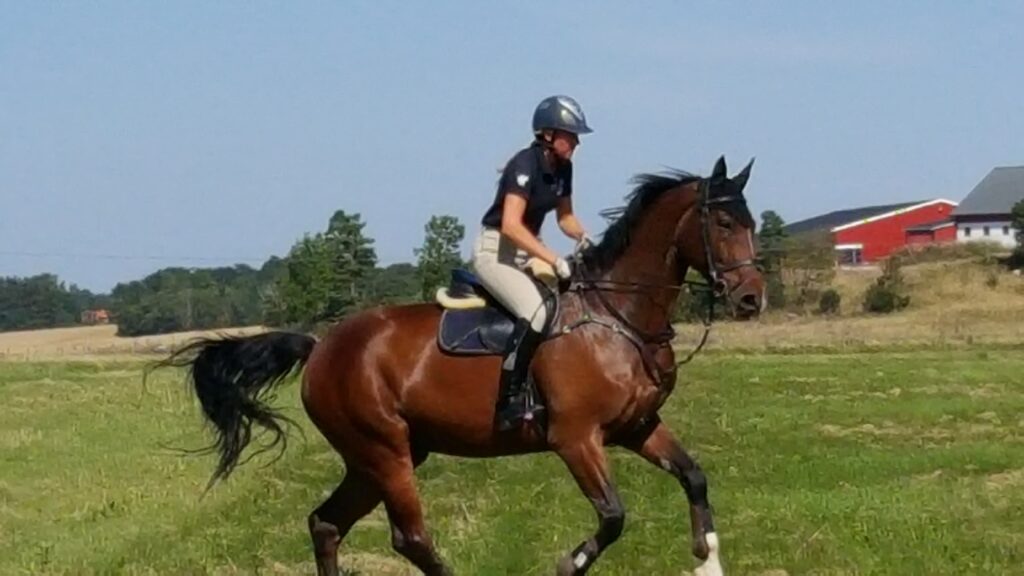Ostrogothia is the latin name for the region in Sweden where this site and its author resides. (For details, see Ostrogothia on Wikipedia.) Many scholars believe Ostrogothia to be the origin of the Goths who sometime before or during the 1:st century A.D. migrated from Scandinavia to today’s Poland and further and in the 3:rd and 4:th centuries ravaged the Roman Empire.
Ostrogothia lies in the heart of a land that the historian Jordanes in his The Origin and Deeds of the Goths refers to as Scandza and which he describes thus: “If wolves cross over to these islands when the sea is frozen by reason of the great cold, they are said to lose their sight. Thus the land is not only inhospitable to men but cruel even to wild beasts.”
Modern Ostrogothia is rather more peaceful and temperate than the place Jordanes described, and offers a good life to men and beasts.
Professionally I’m the CTO of a healthcare organization where I currently focus on artificial intelligence, systems engineering, diagnostic methods, and other topics.
I used to spend a lot of time in the stable training dressage and jumping with my horses Brim Time and Golden Boy GR, both Swedish Warmbloods. Unfortunately they have both left for the eternally green pastures. While between horses I do mountain biking, running, weight lifting, and snowboarding, according to the season.

During those long and freezing Ostrogothia winter nights, when the wolves are said to lose their eye sight, I’m trying to make sense of the world. To have knowledge of something ultimately means to be able to predict what will happen given some initial conditions and, at least to some degree, be able to impact the future.
There is plenty to tackle: the advent of deep learning, the rise of populist movements and outright fascism, economics, social sciences, history, human psychology, complexity in large systems and so on. Many of these areas inform each other. To understand for instance the rise of fascism one has to understand history, economics, human psychology and perhaps feedback mechanisms in complex systems.
I believe science progresses via a never-ending series of better and better hypotheses. When the hypotheses fail to be falsified for a long time, we start to call them theories. Hypotheses that have limited evidence but don’t contradict the evidence that exists and are logically coherent are what I call philosophy. Science evolves also through philosophy.
Just to repeat something commonly accepted isn’t very interesting so you will find quite a lot of hypotheses and philosophy here.
Everybody is free to take a shot at my hypotheses through dialog. That’s how we build knowledge.
You can reach me either through a comment or as arto dot jarvinen at this domain.